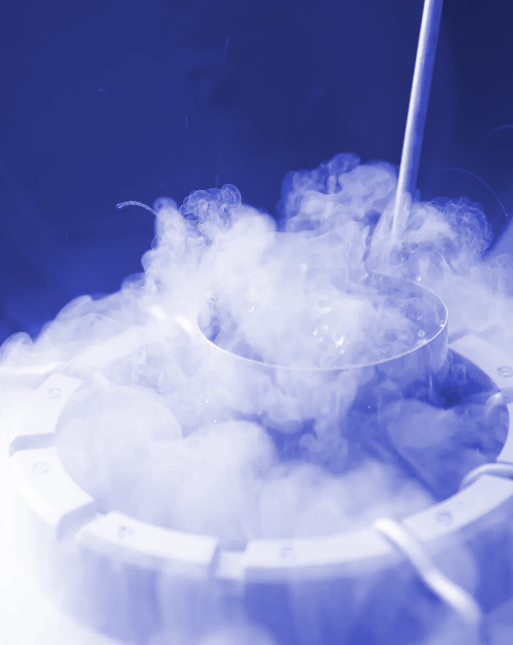Egg and sperm bank opens
 Australia's first public egg and sperm bank has opened in Victoria.
Australia's first public egg and sperm bank has opened in Victoria.
The initiative, launched by Victorian Premier Daniel Andrews and Acting Health Minister Gabrielle Williams at the Royal Women's Hospital, aims to reduce barriers to parenthood by providing free access to donated eggs and sperm.
The Women's CEO, Professor Sue Matthews, highlighted the importance of such donations in assisting individuals who face challenges in conceiving due to various reasons, including cancer-related early menopause, repeated miscarriages, genetic issues, and same-sex couples.
The program is part of a broader $120 million effort to establish a Public Fertility Service, which includes IVF treatments, consultations, diagnostic tests, and support.
Donors to the egg and sperm bank will undergo medical and psychological assessments, counselling, and health screenings.
Eligible egg donors must be Australian citizens between the ages of 23 and 38, while sperm donors must be between 23 and 45 and meet specific criteria, such as not having a baby less than 12 months old or an ongoing pregnancy.
It is important to note that donations cannot be anonymous, as all identifying details of donors will be registered and shared with any individuals born as a result of the donation.
The establishment of the egg and sperm bank marks a significant milestone in the Victorian Government's commitment to publicly-funded fertility services.
The Women's Hospital says it has been advocating for such services to ensure that individuals with lower incomes have equal opportunities to become parents.
The government plans to expand the program to other locations, partnering with health services in different areas of Victoria.
By the end of 2023, additional partner sites will be established in Ballarat, Bendigo, Geelong, Heidelberg, Shepperton, Sunshine, and Warrnambool, enabling people to access fertility treatments closer to home.
The initiative has been met with enthusiasm, as it addresses the financial burdens associated with IVF treatments, which were previously only available privately or through costly overseas donations.
Premier Andrews says he anticipates that the bank will receive approximately 400 sperm donations and 40 egg donations annually, resulting in nearly 3,500 IVF cycles per year.
However, fertility expert Dr Devora Lieberman expressed reservations about meeting the ambitious donation targets, citing the historical challenges of finding enough donors.
Acting Health Minister Gabrielle Williams, a mother whose son was made possible through sperm donation, described the public bank as “a gift” and emphasised the profound impact it can have on people's lives.
The government's broader plan includes establishing satellite fertility services across the state, making care more accessible.
For more information, visit the Public Fertility Service webpage.







 Print
Print